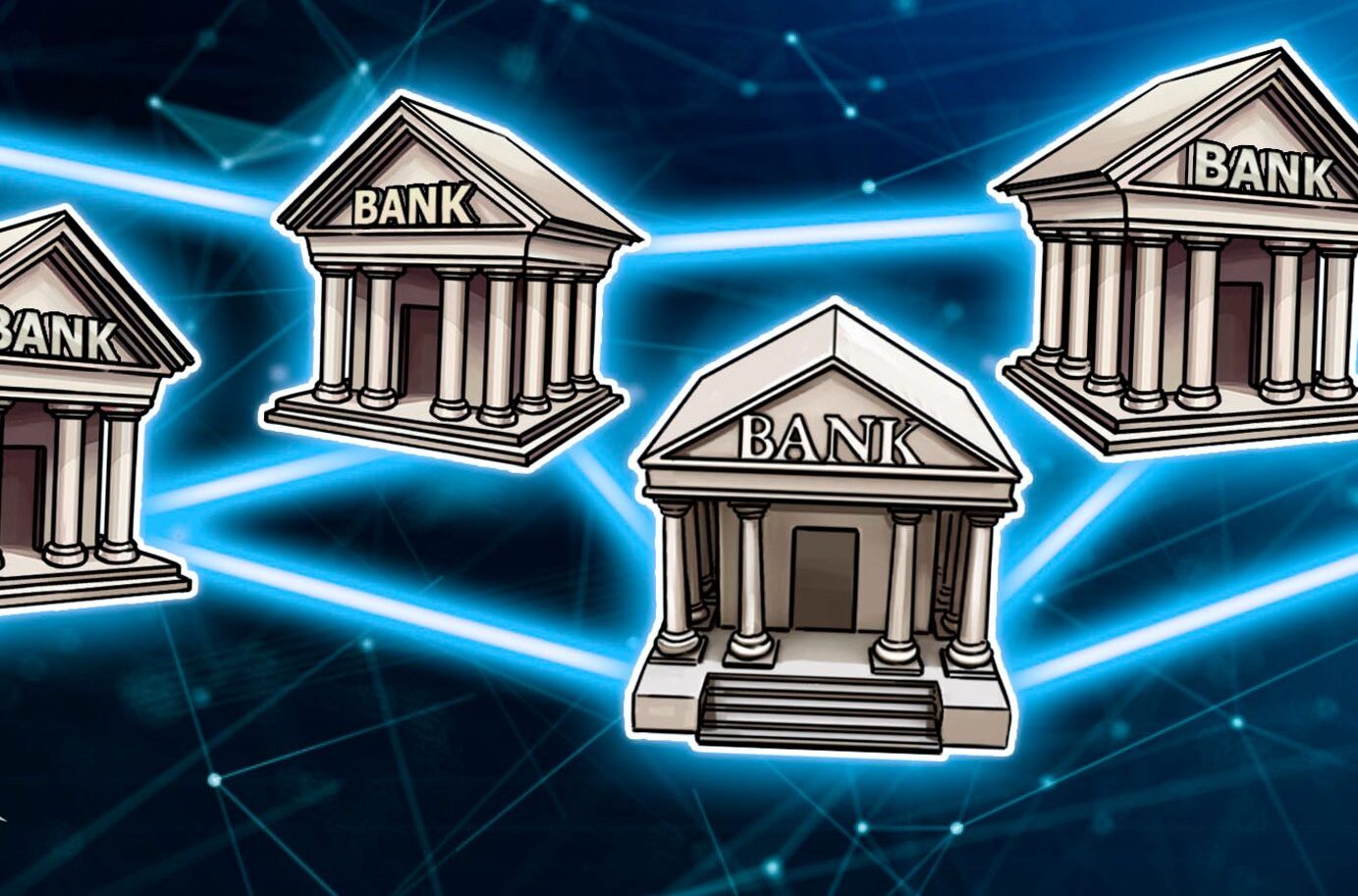It is a term that refers to the process through which the central bank of a country buys and sells government securities and Treasury bills with the aim of regulating the money supply within the country’s economy.
Open market operations are one of the most common measures and tools used to control money. If the central bank wants to raise or double the size of the money supply in the markets, it works to buy government securities and bonds, but if the bank wants to reduce or limit the size of the money supply, it then sells these papers and bonds.
The central bank also uses open market operations to control the interest rates imposed on taking loans, because purchasing government securities and bonds doubles the amount of money in the economy, which facilitates the mechanism of providing loans to the public, given the low interest rates imposed, and selling these papers and bonds.It reduces the amount of money in the economic system and raises the costs of taking
loans and the consequent interest rates.
How to use open market operations?
Central banks conduct open market operations through commercial banks. They do not deal directly with the public. The main buyers of government bonds and securities are commercial banks, financial institutions, large business firms, and individuals with very high incomes or those who keep large amounts of money in their savings accounts.
When buyers purchase government securities or treasury bonds, the money is transferred to the state’s central bank account, as this transfer affects banks’ deposits and reserves and their ability to provide credit, which in turn affects the money supply in the country’s economic markets.
The Open Market Committee is the committee responsible for implementing the policies of open market operations. The members of the committee determine the interest rate for the reserve funds, or what is known as the interest rate of the reserve funds, which refers to the interest rate imposed by banks to provide loans, after which the committee implements operations in accordance with established rules and laws and based on the method by which the specified rate or percentage is achieved.
The main objective of this committee is to try to preserve the state’s economy and avoid the negative effects that may result from price inflation or deflation. The reserve fund interest rate is a benchmark or indicator of other rates, as it affects many metrics such as savings deposit rates, home mortgage rates, and credit card interest.
Read also: What are the different types of bank credit?



